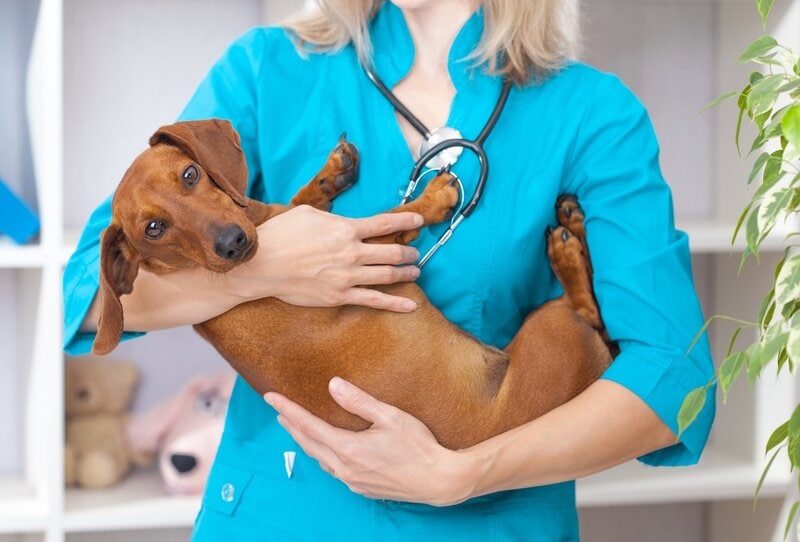An animal hospital is a medical facility that provides veterinary care and services to various animals, including pets, livestock, and sometimes exotic animals. These hospitals are staffed with veterinarians, veterinary technicians, and support staff who are trained to diagnose, treat, and prevent illnesses and injuries in animals. Here are some common services offered by animal hospitals in Houston TX:
- Wellness Exams:
- Regular check-ups to assess the overall health of the animal, including vaccinations, parasite prevention, and dental care.
- Emergency Care:
- Treatment for sudden illnesses, injuries, or other emergencies requiring immediate attention.
- Surgery:
- Surgical procedures, including spaying, neutering, orthopedic surgeries, and other necessary operations.
- Diagnostic Imaging:
- X-rays, ultrasound, and other imaging techniques to diagnose internal issues or injuries.
- Laboratory Services:
- Blood tests, urine analysis, and other diagnostic tests to assess the health of an animal.
- Dental Care:
- Teeth cleaning, extractions, and other dental procedures to maintain oral health.
- Pharmacy Services:
- Dispensing medications and prescription diets as part of the treatment plan.
- Specialized Care:
- Some animal hospitals have specialists or partnerships with specialty clinics for services like oncology, dermatology, cardiology, and more.
- Rehabilitation and Physical Therapy:
- Rehabilitation services for animals recovering from surgeries or injuries, including physical therapy exercises.
- Behavioral Consultations:
- Consultations with veterinary behaviorists to address behavioral issues in pets.
- End-of-Life Care:
- Compassionate care and support for terminally ill animals, including euthanasia services.
- Boarding and Grooming:
- Some animal hospitals offer boarding services for pets, as well as grooming services.
When choosing an animal hospital, consider the following:
- Credentials: Ensure that the hospital is staffed with licensed and experienced veterinarians and veterinary technicians.
- Facility: Look for a clean and well-equipped facility with the necessary diagnostic and treatment tools.
- Services Offered: Check if the hospital provides the specific services your pet may need, including emergency care.
- Reputation: Read reviews, ask for recommendations, and research the hospital’s reputation within the community.
- Emergency Services: Inquire about the availability of emergency services, especially if you have a pet with pre-existing health conditions.
Having a reliable animal hospital is crucial for the health and well-being of your pets. Regular veterinary visits contribute to preventive care and early detection of potential health issues.
